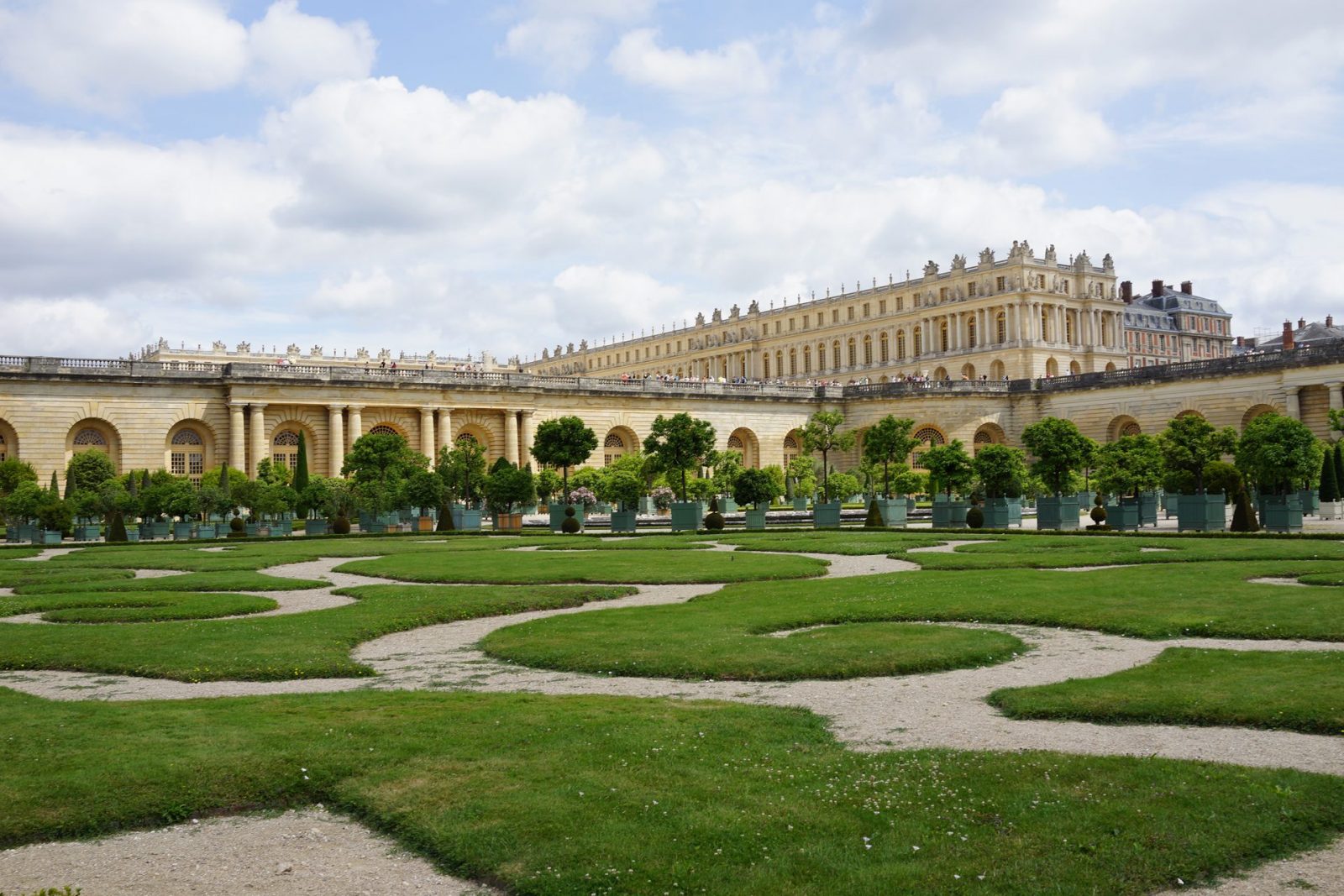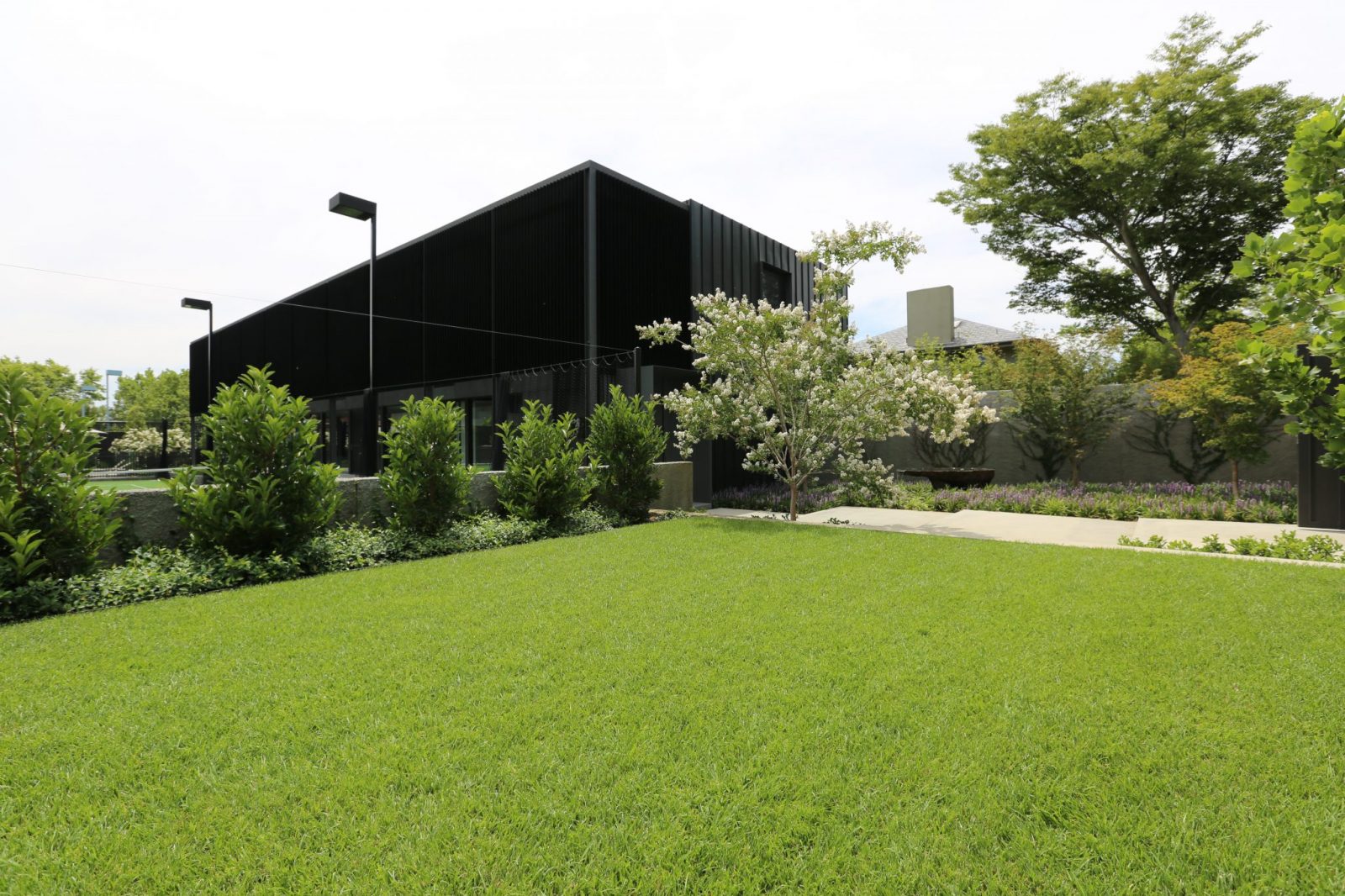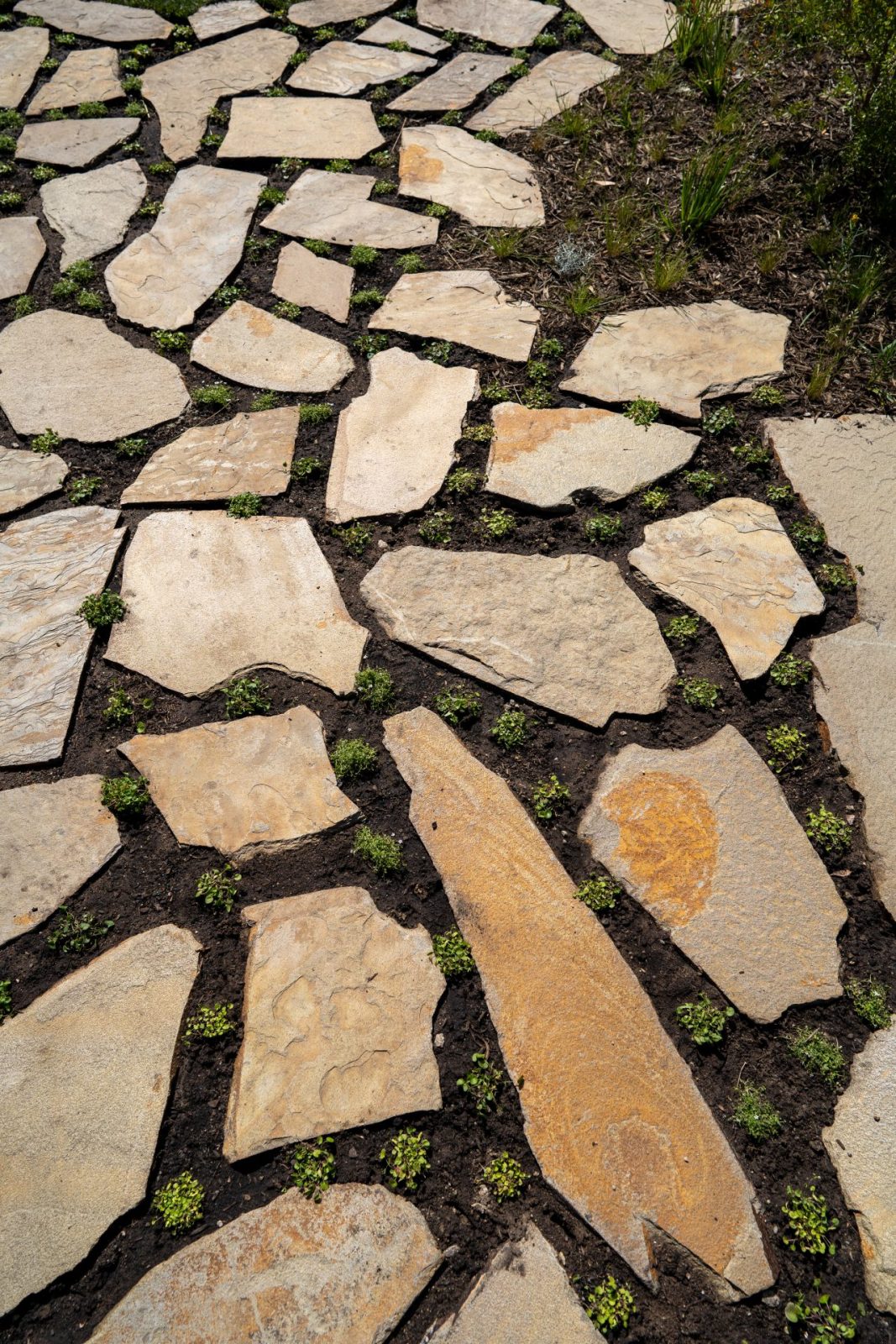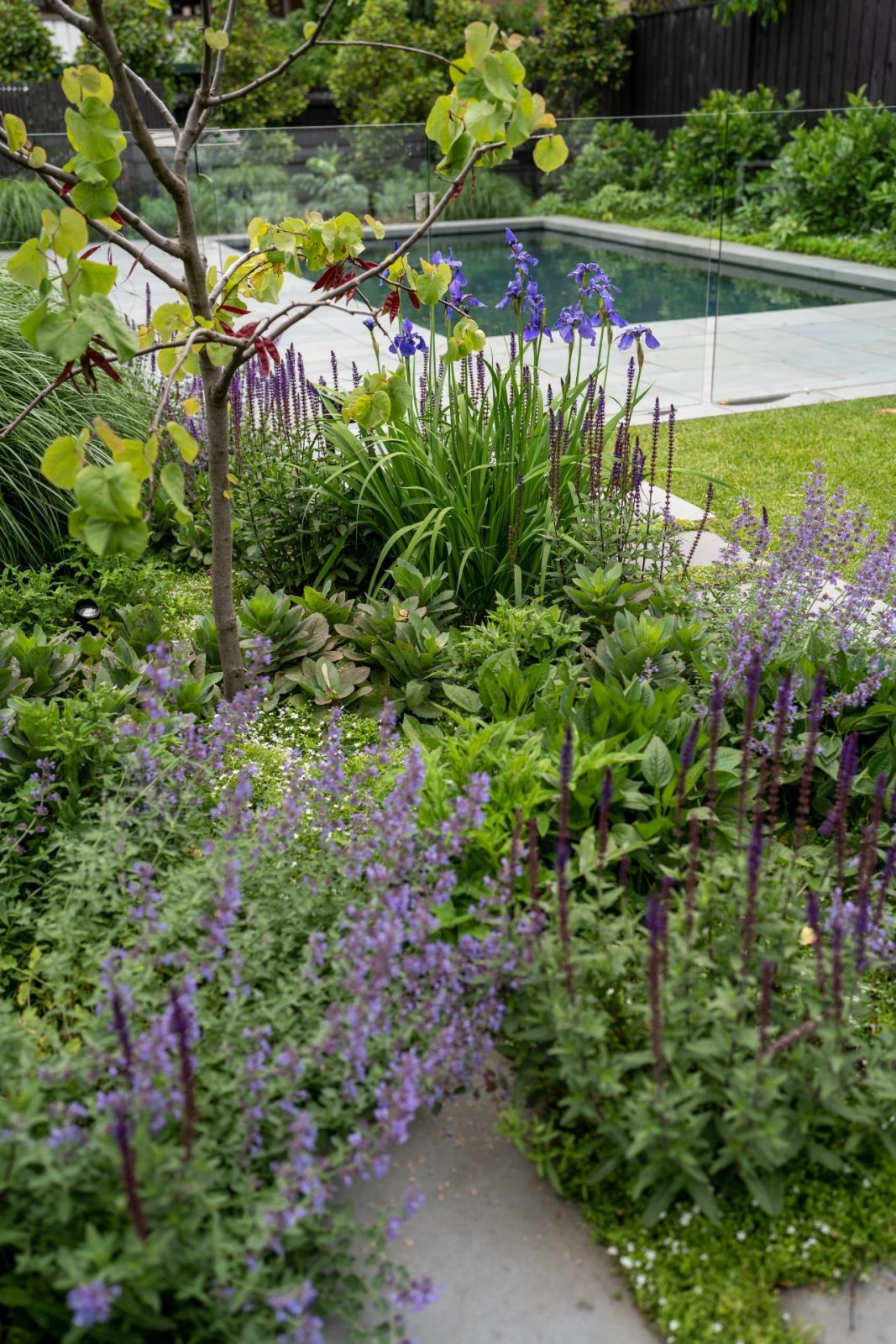The importance of great ongoing garden care

Once the new garden is completed I often find myself saying to clients that ‘this is not the end but rather the beginning’
The building of a garden does often mark the end of a process that can take many years. Planning and building a house and a garden can be a long and tiring process. The garden is where it all comes together and is often the icing on the cake. Owners often just want to enjoy the house and garden with friends and family. This is very understandable and obviously why we do these things! But it is very important to remember at this point that a garden is not ‘set and forget’.

In the transition between a newly planted garden, it is very important to get the balance right. It is important that someone with knowledge and experience is there even just a little bit initially to make sure the garden has the best chance of thriving. Is everything getting the right amount of water to establish? Is the drip irrigating reaching everything or are there things that need a bit more hand watering to establish until deeper roots are set? Are the lawn sprays covering sufficiently, and is the lawn being cut low enough and at the right time so that the sprays have adequate coverage? These are not generally things that the average homeowner is going to be aware of until it is too late. Plants need water to establish but too much and they will suffer. It can be disheartening for everyone if the garden suffers at this stage, especially when it can be prevented.

All of this has now become much more relevant and impactful now that the weather is more extreme and unpredictable and summers are getting increasingly hotter. Depending on the time of year that the project is nearing completion. These are the times that things can fail illustrating the importance of a seamless transition from a finished garden to a regular garden maintenance schedule.
With the recent change in weather from torrential spring to super hot and crispy summer this has never been more obvious. Clearly the importance of prevention rather than treatment. Good garden maintenance should be seen more like seeing a Chinese doctor rather than a GP. Treating while the garden is in good health to prevent issues rather than trying to fix it after it is too late.

Beyond this transition and initial garden maintenance, I can’t stress the importance of great garden care over time. This is why we like to be involved with the care of the gardens we have designed over the years. Great garden care is an ongoing part of the design process. Some say that a garden is never finished and I feel this is definitely the case. Every time a plant is pruned, trained or transplanted a design choice is made. An area that needs tweaking, and a plant that needs dividing are all choices that will affect the balance of the garden overall. This is why it is important to have the right people. If the hard part is now behind us and the garden has been carefully designed a built. Let’s try to make sure we can work together to make sure it stays that way for years to come.

It is important to consider the ongoing care of the garden when thinking about designing a new garden. A new car may be a good analogy here as I am not sure how many people would buy a new car assuming that it does not need any upkeep. Consider also that different styles of gardens require different levels of care on an ongoing basis. There is no such thing as a no-maintenance garden. But if you want a garden that requires less ongoing maintenance then this can form part of the initial brief to a landscape designer. Your personal preference for how neat or messy you want your garden to be also plays a part here. As it will dictate the frequency of visits that you require from the garden maintenance team. If you want a super neat garden then every 4-6 weeks may make sense. If you don’t mind things a bit looser or you are hands-on and want to do some weeding, then perhaps every three months will be enough. This is often part of the discussion we have when we work out an ongoing garden maintenance plan that suits you.


